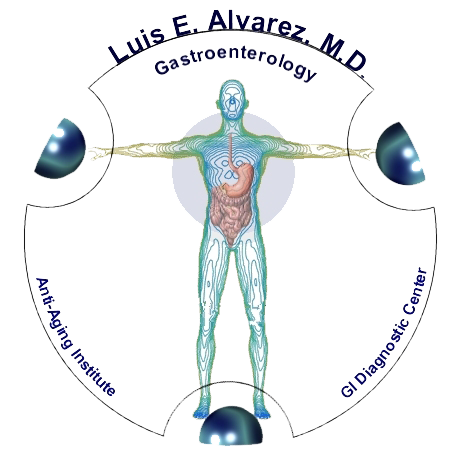Colorectal Cancer Screening Saves Lives!
Colorectal cancer, often called colon cancer, is a major health concern. Dr. Luis E. Alvarez, based in New Iberia, LA, is dedicated to raising awareness about this severe disease. Understanding colon cancer is the first step in fighting it. Colorectal cancer is the number 2 cancer killer in the United States. Yet, it is one of the most preventable types of cancer and is often curable if detected early. Call 337-364-9225 to schedule your colon screening now!
Possible Symptoms of Colorectal Cancer
Most early colorectal cancers produce no symptoms. This is why screening for colorectal cancer is so important. Some possible symptoms listed below do not always indicate the presence of colorectal cancer but should prompt a visit to a gastroenterologist:
- New Onset of Abdominal Pain
- Blood In or On the Stool
- A Change in Stool Caliber or Shape
- A Change in Typical Bowel Habits, Constipation, Diarrhea
Why Get a Colon Screening Test
- Most colorectal cancers develop from polyps (abnormal growths in the colon). If polyps grow unnoticed and are not removed, they may become cancerous.
- Screening tests can find precancerous polyps so they can be removed before they turn into cancer.
- The development of more than 75-90% of colorectal cancer can be avoided through early detection and removal of precancerous polyps.
Colonoscopy: Your Doctor's Tool to View Your Colon
Colonoscopy is considered the "gold standard" for colorectal screening by the American College of Gastroenterology. Colonoscopy allows physicians to look directly at the entire colon and to identify suspicious growths. It is the only colon test allowing a biopsy or removal of a polyp when identified.
When to Get Screened for Colon Cancer
You should begin screening for colorectal cancer soon after turning 50, then continue getting screened at regular intervals. However, you may need to be tested earlier than 50 or more often than other people if—
- You or a close relative have had colorectal polyps or colorectal cancer.
- You have Inflammatory bowel disease (http://www.cdc.gov/ibd/index.htm), Crohn's disease, or ulcerative colitis.
- You have genetic syndrome such as familial adenomatous polyposis (FAP) or hereditary non-polyposis colorectal cancer (Lynch syndrome).
Speak to the doctor or our medical team about when you should begin screening and how often you should be tested.
Prioritize your gut health, and get a colon screening now- call 337-364-9225.
